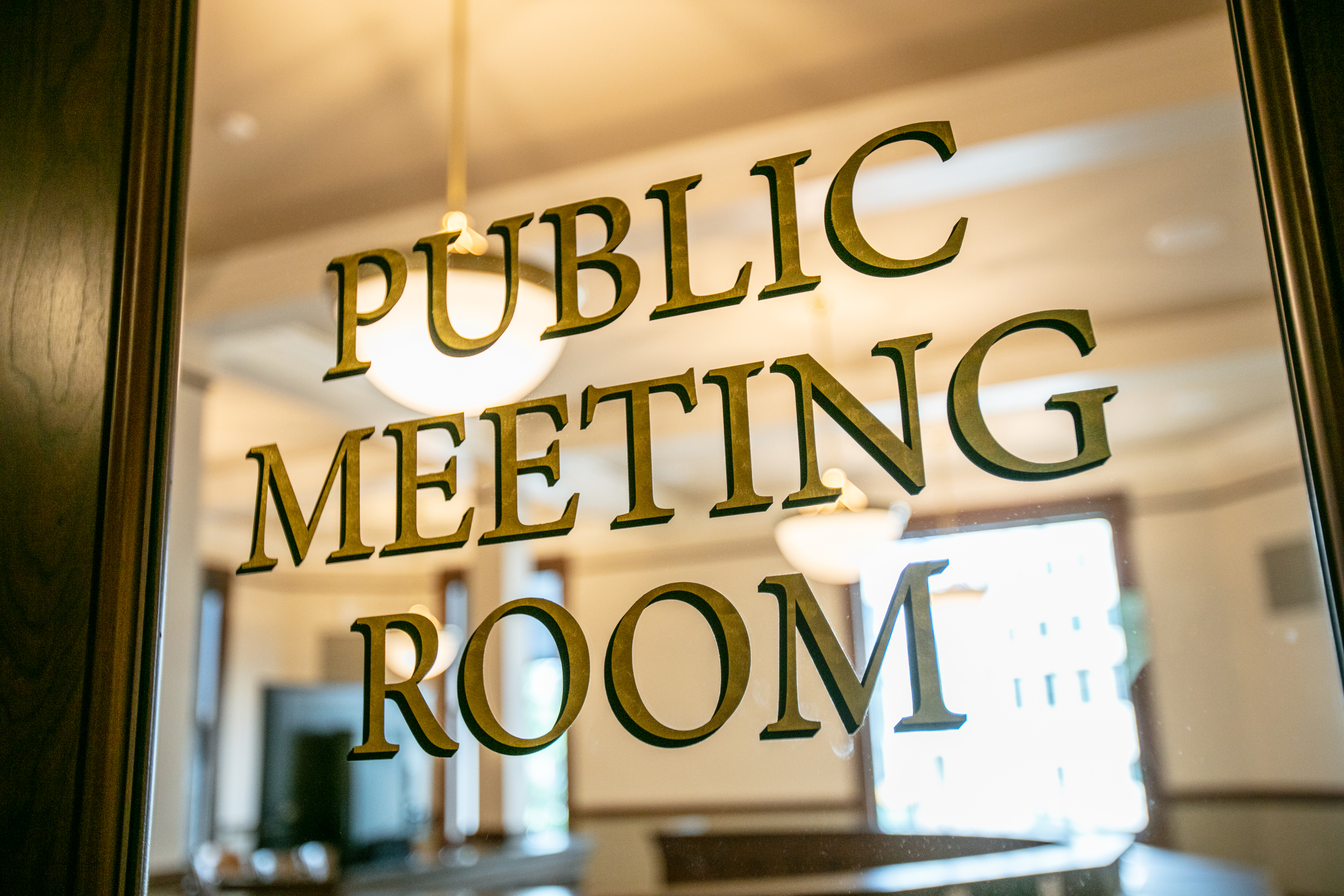The Petroleum Association of Wyoming is committed to identifying and addressing those issues facing the oil and gas industry. Our staff has the experience and resources needed to ensure that the oil and gas has a seat at the table when decisions affecting the industry are being made at all levels of government.
EOR, CCUS, and Wyoming
Wyoming’s natural gas and oil industry has been a leader in the utilization of CO2 for decades – managing carbon in a way that recognizes its potential as a commodity, not a waste product. It is used in enhanced oil recovery (EOR), advanced manufacturing and other cutting edge industries while capture technologies also provide an innovative solution to emissions only the natural gas and oil industry can provide.
Enhanced Oil Recovery
Enhanced Oil Recovery using carbon dioxide (CO₂) is a technique that increases the amount of oil extracted from aging reservoirs by injecting CO₂ into the underground formations. The injected CO₂ mixes with the remaining oil, reducing its viscosity and making it easier to flow to production wells. This process not only boosts oil recovery—often extracting 30-60% more oil from a reservoir—but also provides a means of storing CO₂ underground. Wyoming has been a leader in CO₂-EOR for decades, utilizing natural and captured CO₂ to extend the life of its oil fields while contributing to carbon management efforts.
Wyoming’s oil and natural gas history pre-dates statehood and many of the wells currently in operation are part of legacy fields. Wyoming’s Enhanced Oil Recovery Institute estimates there is “high-level, state-wide potential” for increased oil production from CO₂-EOR with more than 2 billion barrels of recoverable oil, in 75 different fields, that would otherwise be left in the ground.
Both the industry and State of Wyoming have invested heavily in CO₂ infrastructure including pipelines, pipeline corridors, regulatory frameworks and capture facilities in order to advance the industry through innovation.
Carbon Management Infrastructure in Wyoming
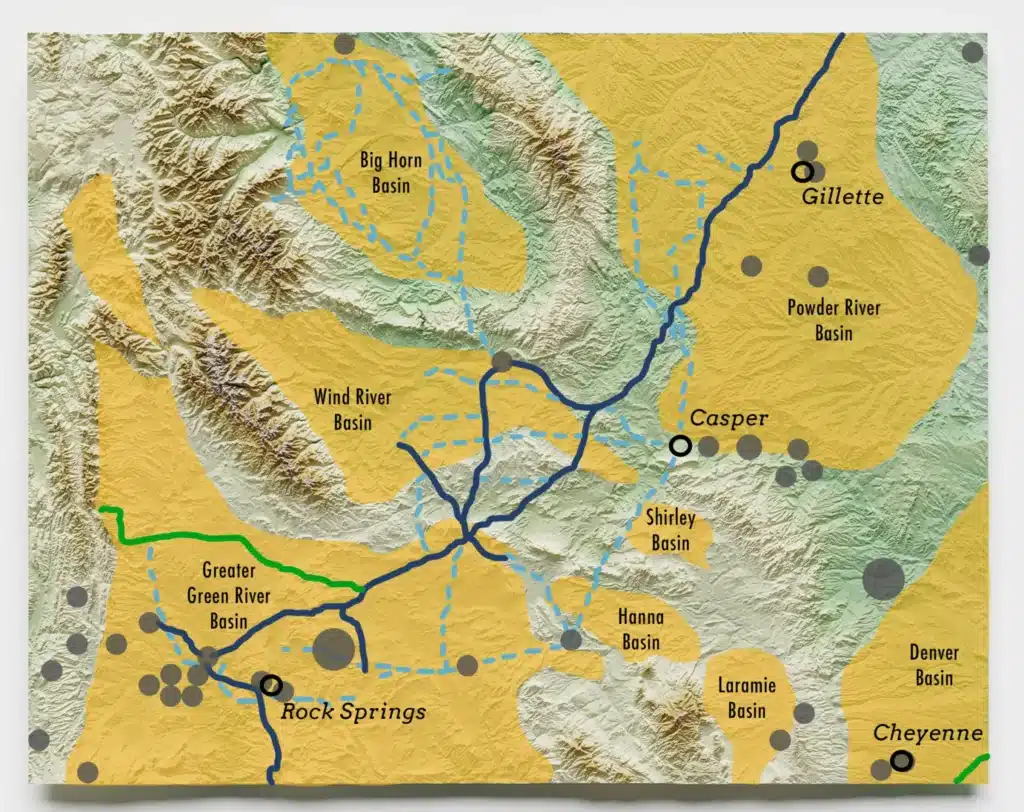
The map above shows current (dark blue) and proposed (green) CO₂ pipelines in Wyoming, as well as designated pipeline corridors (light blue) and industrial sources of carbon across the state. This infrastructure has been developed to assist in EOR to extend the life of Wyoming’s legacy oil fields and increase revenues for Wyoming.
Much of the CO₂ used in EOR comes from CCUS originating within the state.
What is CCUS?
CCUS is a technology designed to reduce CO₂ emissions from industrial sources by capturing, transporting, and either storing or repurposing the CO₂. The process begins with capturing CO₂ from power plants, factories, or other facilities before it enters the atmosphere. The captured CO₂ is then compressed and transported—often via pipelines—to either be injected into deep underground geological formations for permanent storage or utilized in applications like enhanced oil recovery (EOR), where it is injected into oil reservoirs to boost production.
Wyoming has a long history of utilizing CCUS in operations—benefitting the industry since the 1990s. ExxonMobil’s Schute Creek facility in Southwest Wyoming was one of the first in the world to capture CO₂ from the industry and to date captured more CO₂ emissions than any other industrial facility in the world.
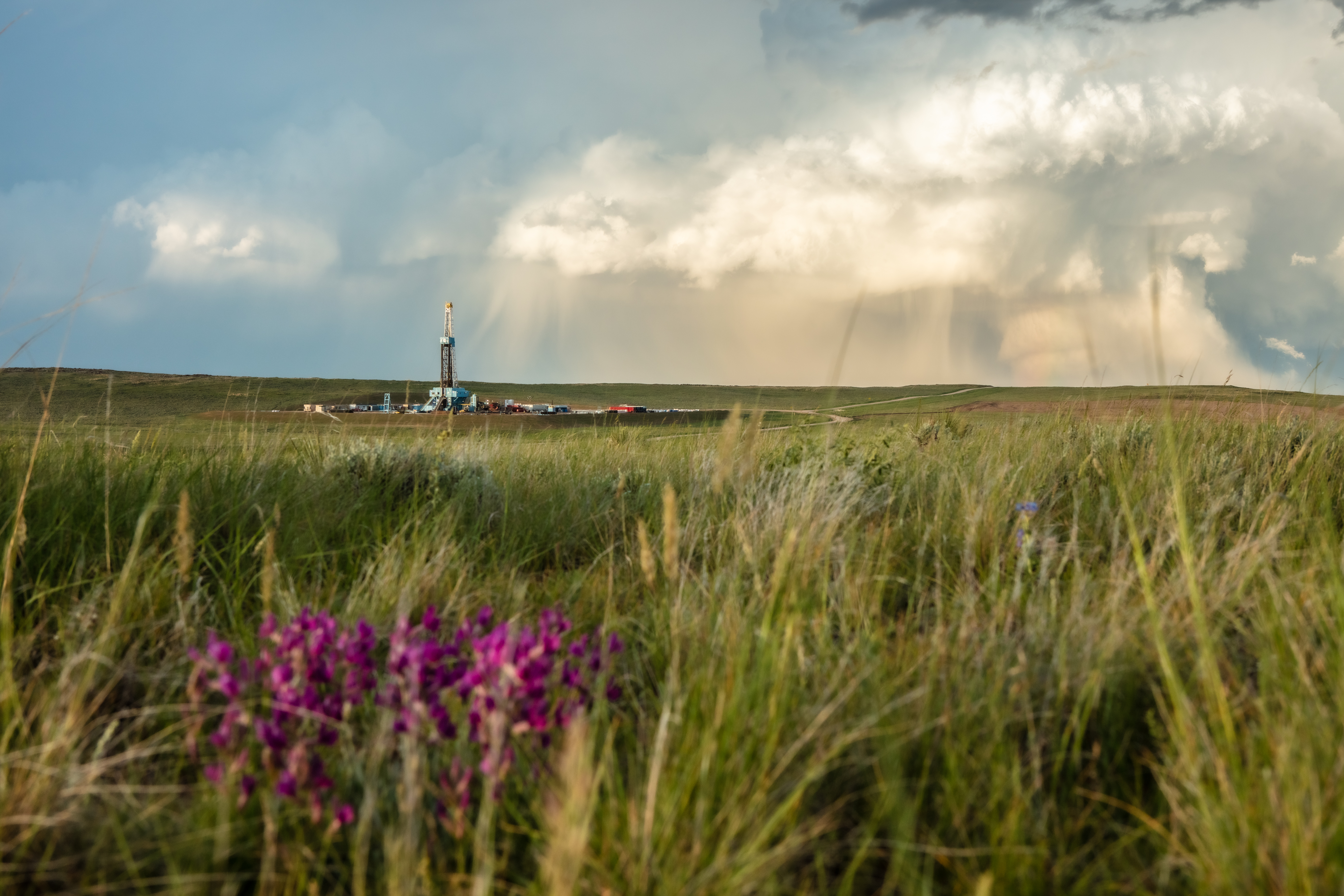
Public Lands
Wyoming boasts the first national park (Yellowstone), the first national forest (Shoshone), and the first national monument (Devils Tower). The United States Forest Service controls nearly 9.2 million acres within the state. The Bureau of Land Management controls approximately 18.4 million acres of public land and nearly 43 million acres of subsurface federal mineral estate. Meanwhile, Wyoming boasts 943 million barrels of proven oil reserves and 21,549 billion cubic feet of proven reserves of dry natural gas.
With nearly 55% of Wyoming surface lands controlled by the federal (48.43%) or state (6.22%) government along with nearly 70% of all subsurface mineral rights, public lands issues are a top priority for the Association. PAW staff advocates for true multiple use on public lands, including the safe and sustainable development of our world-class oil and gas resources.
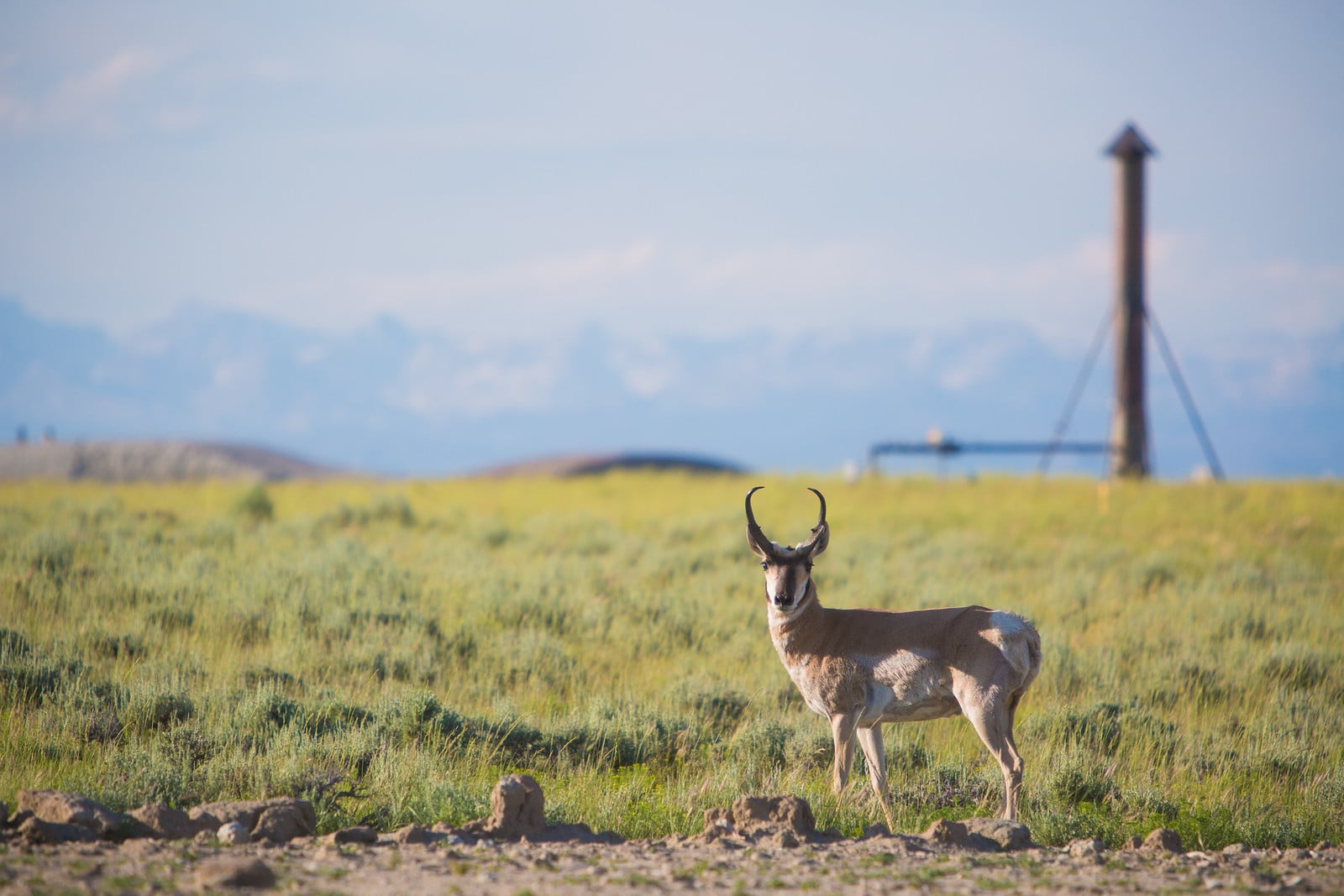
Wildlife
Wyoming’s wildlife resources are unmatched and an integral part of both Wyoming’s heritage and economy. Hunting in Wyoming is both a way of life and an important driver of our outdoor economy. Tourists travel to Wyoming from around the globe to witness the many species that call Wyoming home.
Many Wyoming residents working in the oil and gas industry are avid hunters and outdoor enthusiasts. They have a vested interest in protecting the viability of our wildlife. The oil and gas industry understands the importance of wildlife to the state and believes in thoughtful, data-driven policies that sustain wildlife. PAW continues to be actively involved with the state and stakeholders as policies are developed to ensure that wildlife remains viable and vibrant, and prudent development can occur.
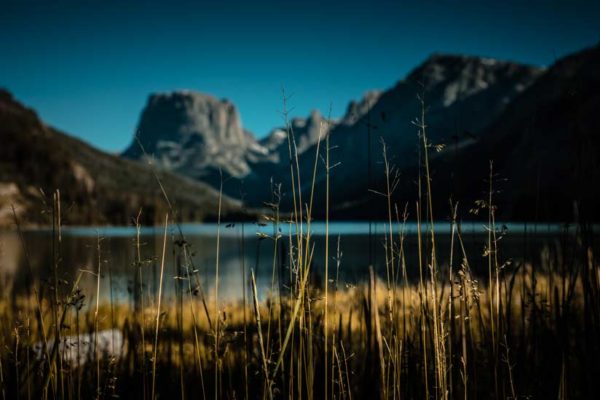
Environmental Responsibility
The individuals who work in Wyoming’s oil and gas industry take environmental responsibility very seriously. They are committed to ensuring the outdoor opportunities that make Wyoming home will be there for their children and grandchildren.
They also understand that as a primary driver of the state’s economy, the oil and gas industry provides thousands of Wyomingites with an unmatched quality of life.
PAW believes these principles are not mutually exclusive. We can produce the energy Americans and the world needs while continuing to leave Wyoming a better place. We are proud of our role in building a prosperous Wyoming while also ensuring our wild and open spaces stay wild and open.
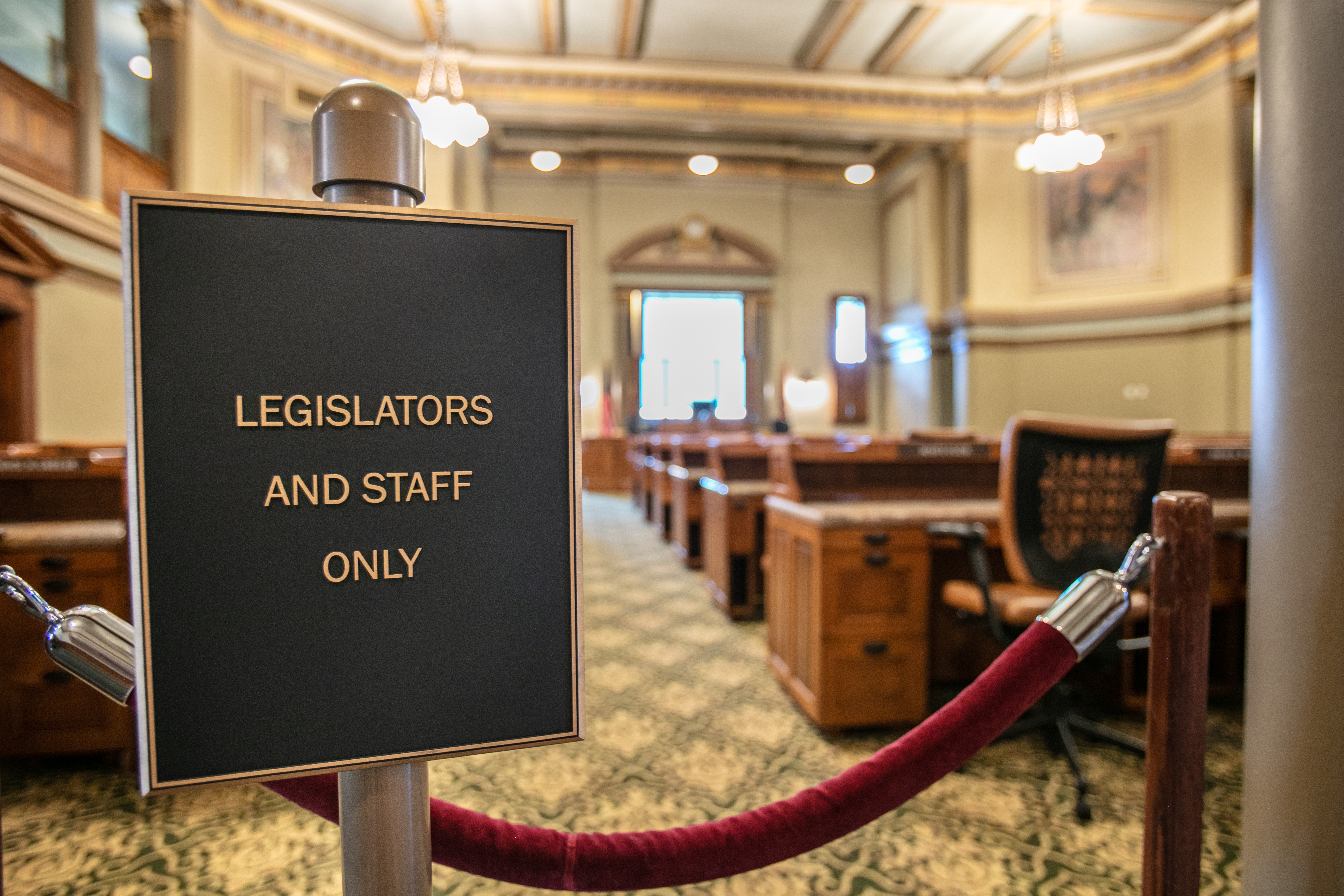
Taxation
In 2018, the oil and gas industry contributed more than $2,600 per person in Wyoming to state and local governments or approximately $1.39 Billion. Oil and gas producers paid 30% of all property taxes in the state and over $380 Million in severance taxes.
PAW members are proud of the contributions they have made to building Wyoming and are committed to paying their fair share. PAW also believes Wyoming must find solutions that cease putting the burden of funding government operations disproportionately on the backs of oil and gas producers.
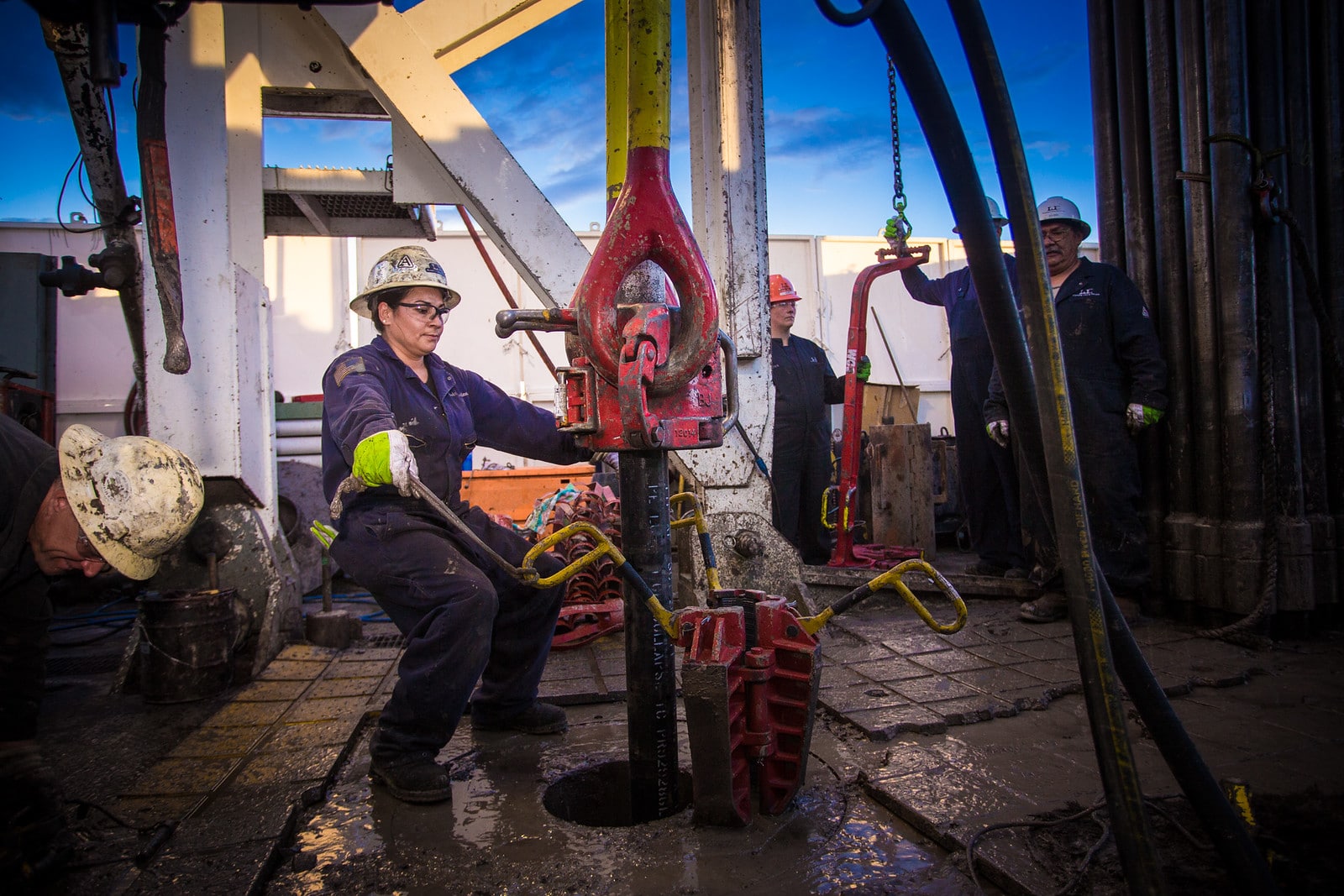
Workforce
In 2018 Wyoming’s petroleum industry directly employed over 18,000 people with an annual payroll of over $1 billion. The oil and gas industry also contributes more than $620 million to education in Wyoming, including K-12 education, community colleges, and the University of Wyoming.
PAW is committed to cultivating a vibrant and well-trained workforce capable of meeting the energy needs of Wyoming and the world.
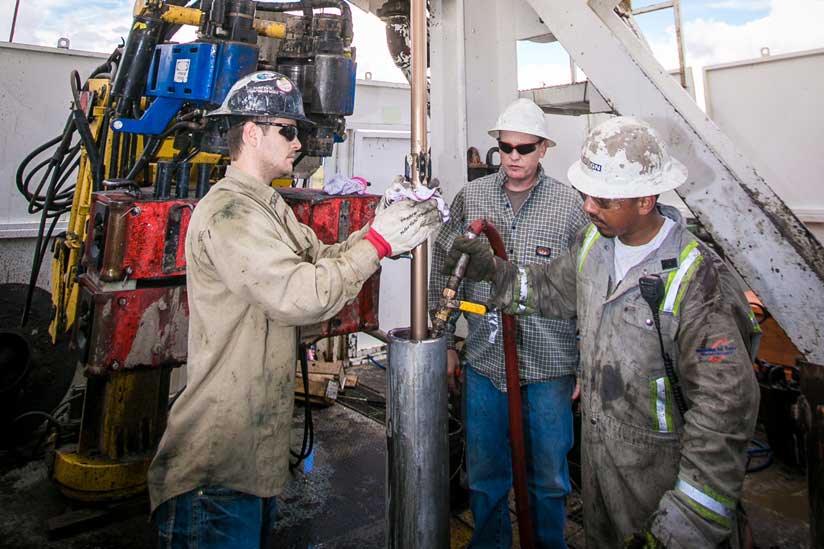
Safety
Creating a culture of safety in the oil and gas industry is paramount for members of PAW. Member companies work continuously to improve safety through comprehensive research, training, and strict standard development. Our goal is continuous improvement and zero workplace incidents.

Flaring
PAW members are committed to efficiently developing Wyoming’s natural resources. Flaring may seem counterintuitive to this commitment as it is the process by which natural gas is burned off instead of captured and sold. However, there are several reasons flaring may be necessary.
- Safety – Flaring can reduce the buildup of gas that can create significate safety hazards for both employees and the surrounding environment.
- Emissions – Flaring, rather than just releasing the gas into the air (called venting), safely eliminates sulfur dioxide and reduces methane emissions.
- Lack of pipeline infrastructure – Pipeline capacity to capture and carry away resources often lags behind production because a field first must prove it has the resources to sustain the costs of building.
Technological advances continue to reduce the need for flaring. Several innovative companies and members of PAW have designed technologies to capture, recycle, and recapture gas and liquids. Others have developed technology to use natural gas to power internal operations or other beneficial uses.
PAW supports common-sense regulations on flaring, like Wyoming’s current 60Mcf cap, that limit emissions while allowing producers the flexibility to utilize flaring as a tool to protect the workforce and environment when necessary. PAW also supports the development of additional infrastructure, such as pipelines, to bring product to market and reduce the need for flaring of excess gas.
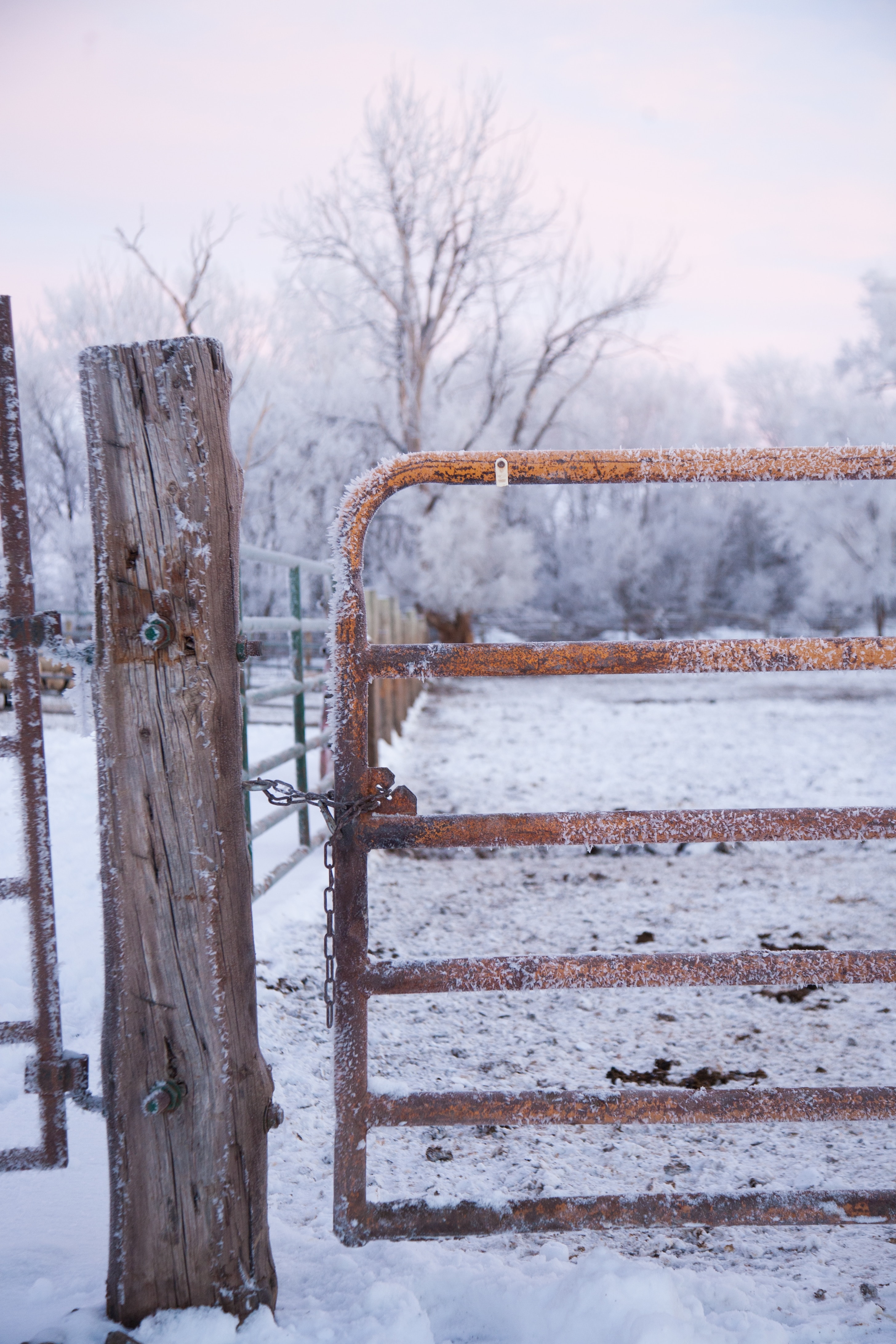
Mineral and Surface Ownership
Given Wyoming’s complex mineral estate ownership and current split estate laws, landowners may be uncertain of their rights regarding mineral development. In general, Wyoming is considered a mineral dominant state, and the owner of the mineral estate has the right to access the land to develop those minerals. The Wyoming Oil and Gas Conservation Commission has put together a “Guide to Oil and Gas Operations for Surface Owners” to assist landowners in understanding their rights and responsibilities when it comes to mineral development.
Whether landowners own the mineral estate under their land or are subject to split estate, PAW members are committed to being good neighbors before, during, and after the development of oil and gas resources on their property.
